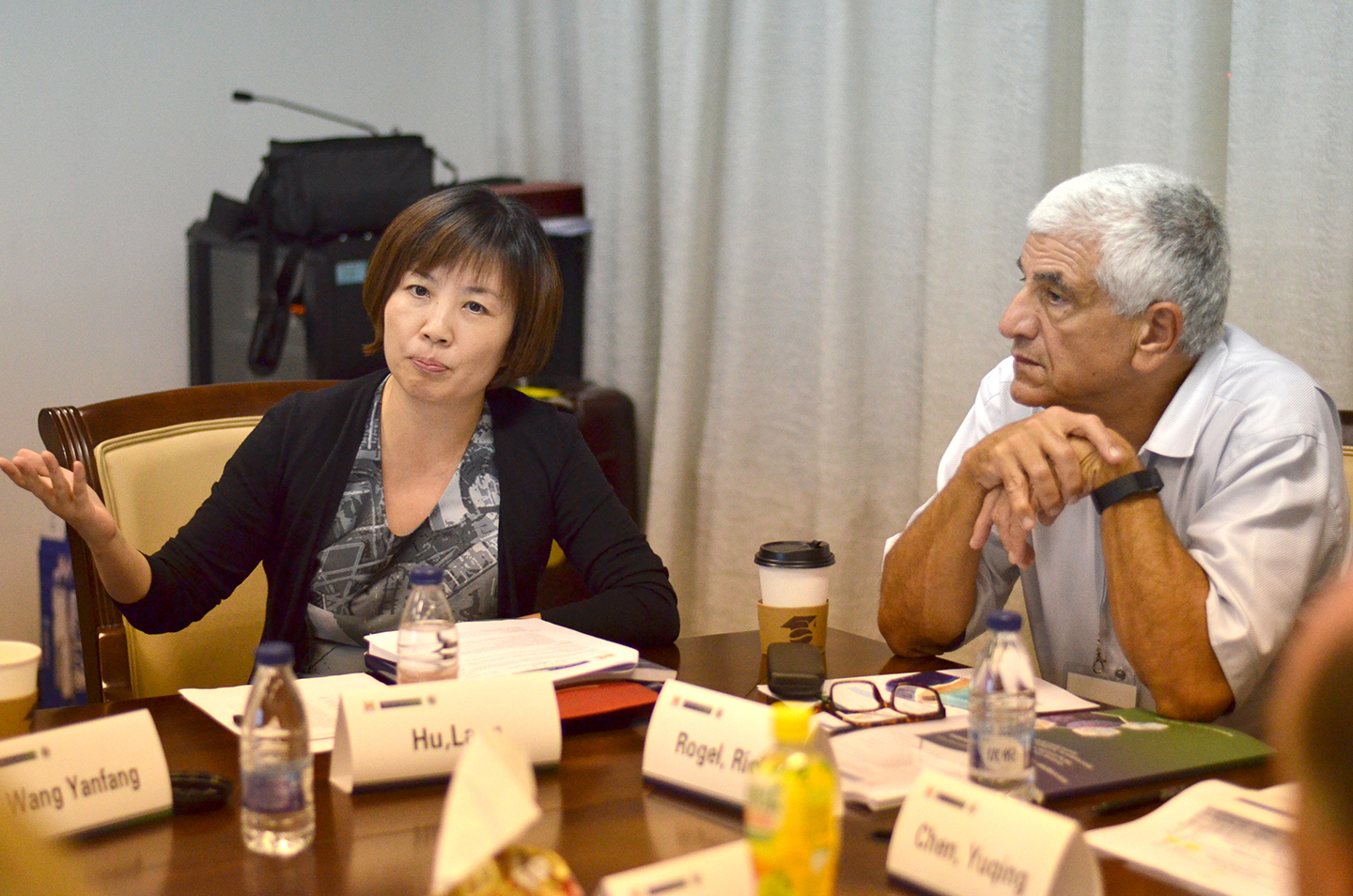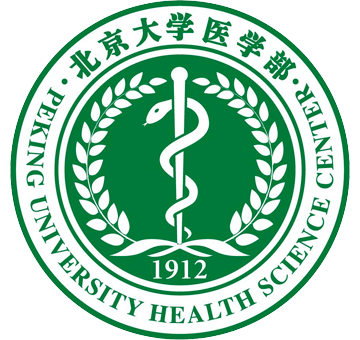Development Council to expand JI reach
As the Joint Institute branches out into new areas of medicine, leaders are also seeking to broaden the partnership’s financial support as well.
Seed funding for projects to date has come through equal investments from both institutions, but a newly formed JI Leadership & Development Council seeks to attract outside funding, too. The group, comprised of prominent Chinese philanthropists and healthcare business leaders, held its first official meeting as part of the September symposium. Of 13 members who’ve signed on to date, 9 were in attendance at the symposium.
“We had a successful first meeting that left all of the members looking forward to further engagement,” said Bin Zhao, U-M Assistant Director of International Giving and Engagement, who helped bring the new Council together. “It’s a fantastic group of people. There are pharmaceutical company leaders, medical equipment manufacturer executives, investors, lawyers specializing in healthcare law – a great cross-section of people. Their interests and backgrounds will bring a lot of collective insight to the JI.”
The group is co-led by longtime Michigan Medicine supporter and UMHS Victors for Michigan campaign co-chair Richard Rogel and Lana Hu, Founder and CEO of Amcare Women’s and Children’s Hospital in Beijing and a graduate of PUHSC and the U-M Ross School of Business. Most of the other council members have connections to Michigan Medicine and PUHSC.
Members will support long-term collaborations through networking, fundraising, and promotional efforts.
“As Council members, the aim is for them to volunteer their time, expertise, and insights, whether it’s speaking directly to our JI project investigators whose work might touch on their respective field, or more broadly, helping introduce the JI and good work we’re doing to others within their networks,” Bin said.
The initial effort to identify and recruit Council members took place primarily in China, which is experiencing a booming economy coupled with growing interest – both public and private – in building the national medical infrastructure.
“When you look where the funding for biomedical research is coming from right now, the surge is in China,” said Joseph Kolars, MD, Senior Associate Dean for Education and Global Initiatives and co-Director of the JI. “We’ve constituted a group of individuals who are willing not only to help raise funding for the JI, but also advise us on how we might think about building partnerships within industry and business. As we continue to grow, we’re taking a wide look beyond the National Institutes of Health and NSF China.” (China’s National Science Foundation is the NIH equivalent.)
The Development Council is expected to meet twice a year, including once during the annual symposium meeting. A few of the individual members have visited Ann Arbor since the September symposium, and the next full Council meeting is expected to take place in the spring of 2018.
“As we build relationships with our Council members, we hope to expand the impact of the JI beyond our two partner institutions,” Bin said. “I believe we’ll see that these new relationships can help us move research from the lab into the clinical stage, expand educational programs to train more students and faculty members, and connect with private healthcare delivery partners so that the great research coming through the JI can begin to benefit patients.”



